(Page 83)
Reading
Read the story of Helen Keller's life as a young girl. Are the sentences true or false? Write T or F.
Helen Keller was born in 1880 in Alabama, with the ability to both see and hear, like any normal child. She began to speak when she was six months old and to walk at the age of one. But six months later, she contracted a serious illness, possibly meningitis. After she had recovered, her mother noticed that Helen didn't react to sounds, or when she waved her hand in front of Helen's face. The illness had left her both deaf and blind. As she grew up, she learned to communicate with the daughter of the family cook using sign language that they invented together. But Helen was an unhappy child and often flew into a rage. Her mother was very patient with her and tried to help her. She had read about the successful education of another deaf-blind child, and when Helen was seven she contacted a special school for blind children in Boston. The director of the school suggested that Helen work with Anne Sullivan, who was herself visually impaired and a recent graduate of the school. It was the beginning of a 49-year relationship between pupil and teacher.
Anne travelled to Helen's home and immediately began teaching her 'finger-spelling': spelling out words on the palm of Helen's hand. The first word she tried to teach her was 'doll' - Anne had brought Helen a doll as a present. But Helen could not make the connection between the letters and the objects and became very frustrated. After about a month, however, there was a breakthrough. Helen realised that the movements of Anne's fingers on her palm, while she poured water over her other hand, signified 'water'. By the end of the day Helen had learned thirty new words.
1 As a baby, Helen had normal sight and hearing.
2 A relation of one of the family servants gradually taught Helen sign language.
3 Helen's mother was very unhappy and frequently got cross with her.
4 Anne Sullivan was partially blind.
5 The first word that Helen understood through finger-spelling was 'doll'.
Listening
🎧2.38 You will hear an interview with a business expert. Choose the correct answers (A-C).
1 The interviewer thinks young people
A usually set up part-time businesses.
B are starting new businesses at a lower age than previously.
C should only set up small businesses.
2 The interviewer doesn't understand
A how young people can create successful businesses.
B how most new businesses actually work.
C why young people would want to start businesses.
3 Lisa says that very young people
A do not achieve business success very often.
B do not understand what they need to do to start a business.
C have the right qualities for creating businesses.
4 What does Lisa say about knowledge and experience?
A They are very necessary.
B They take a lot of time to develop.
C They can sometimes be a disadvantage.
Speaking
Work in groups. Look at the photo and discuss the following point.

'It's better to work alone because people in groups spend too much time talking.' Do you agree? Why? Why not?
Writing
Write an opinion essay (120-150 words) on the following topic.
Many students nowadays choose careers based on only their passion. Is it a good decision?
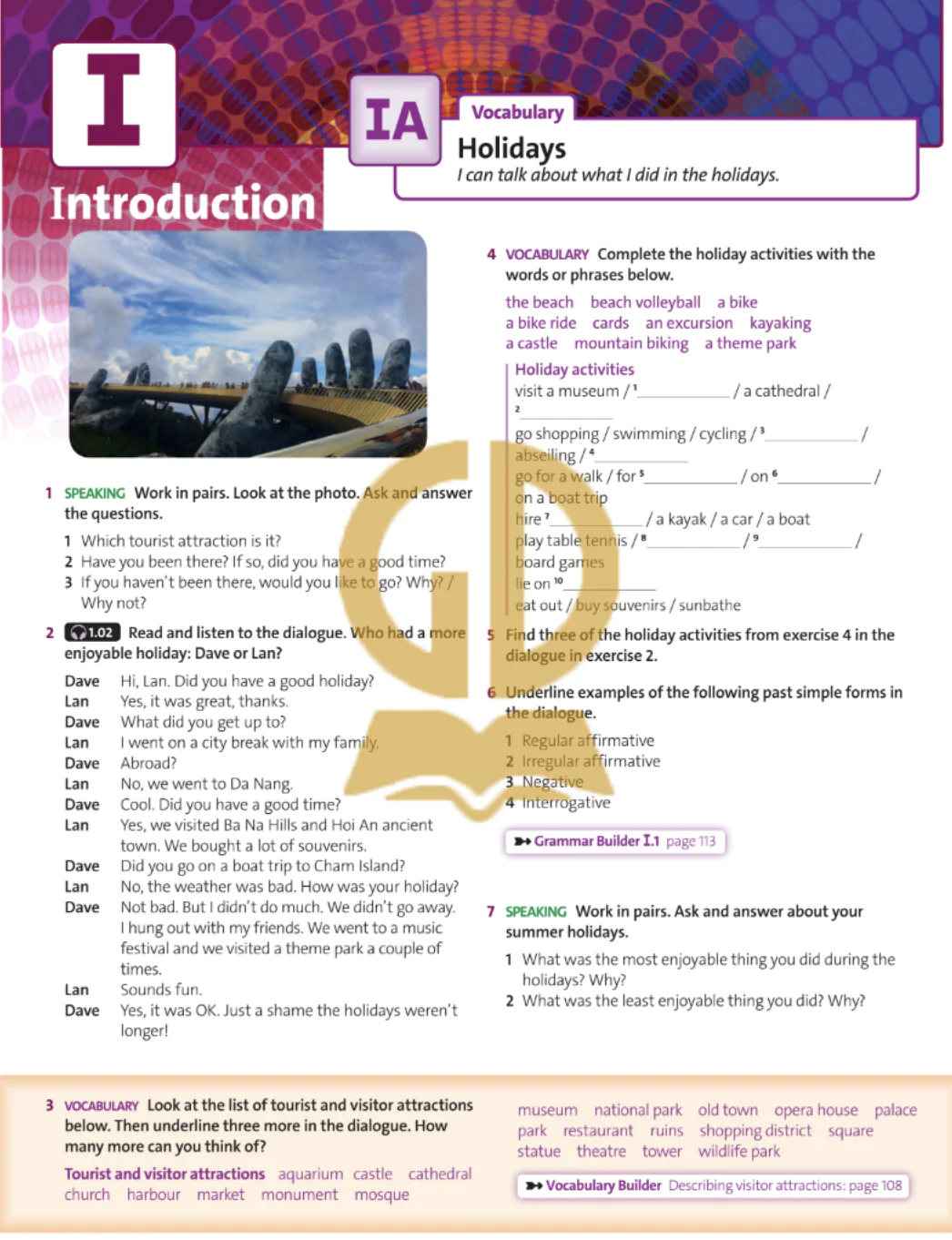
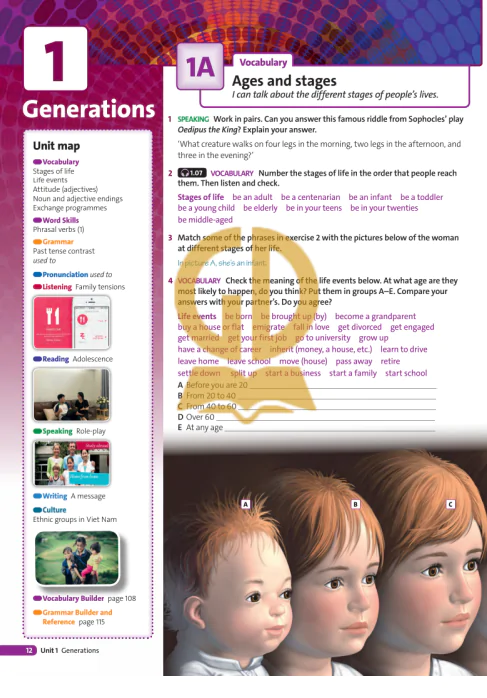
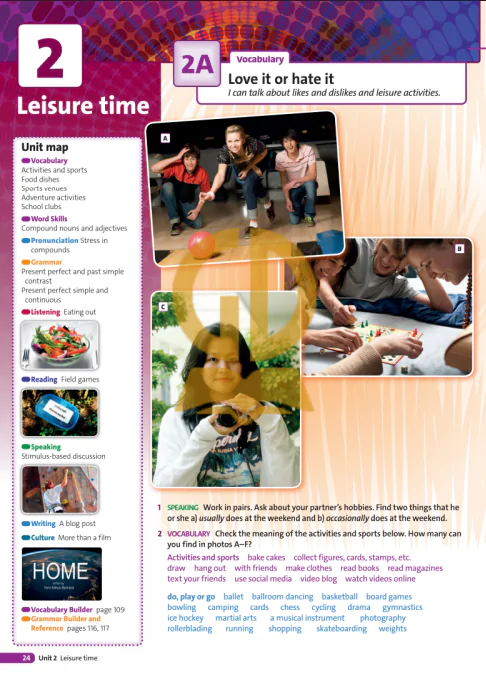
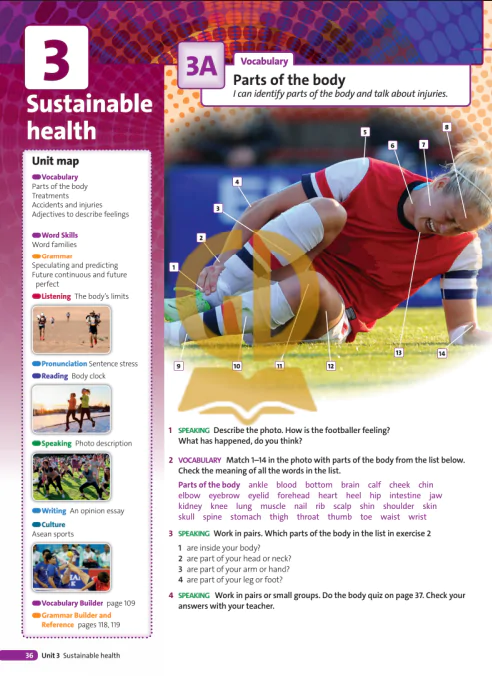
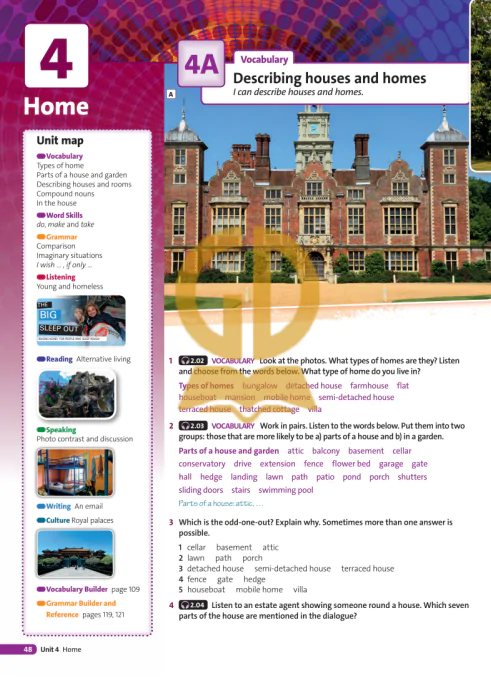
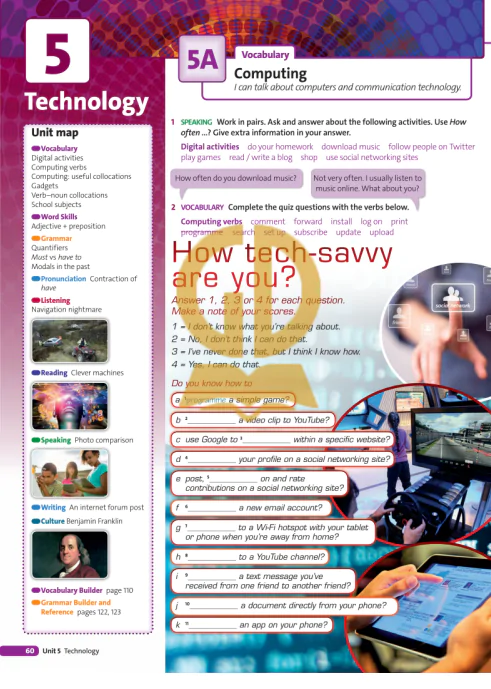


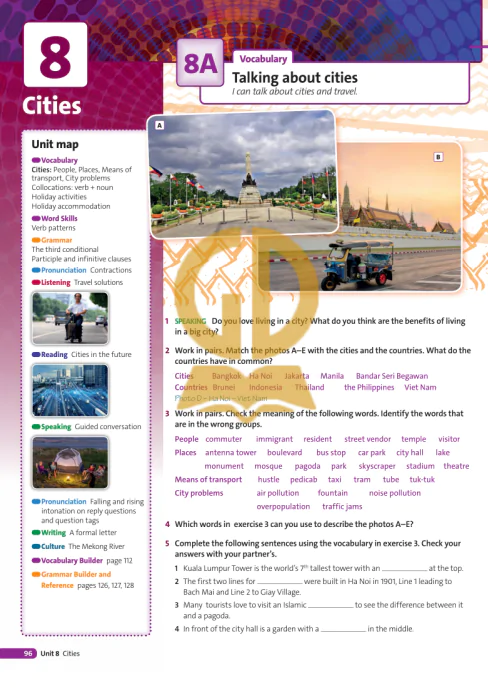





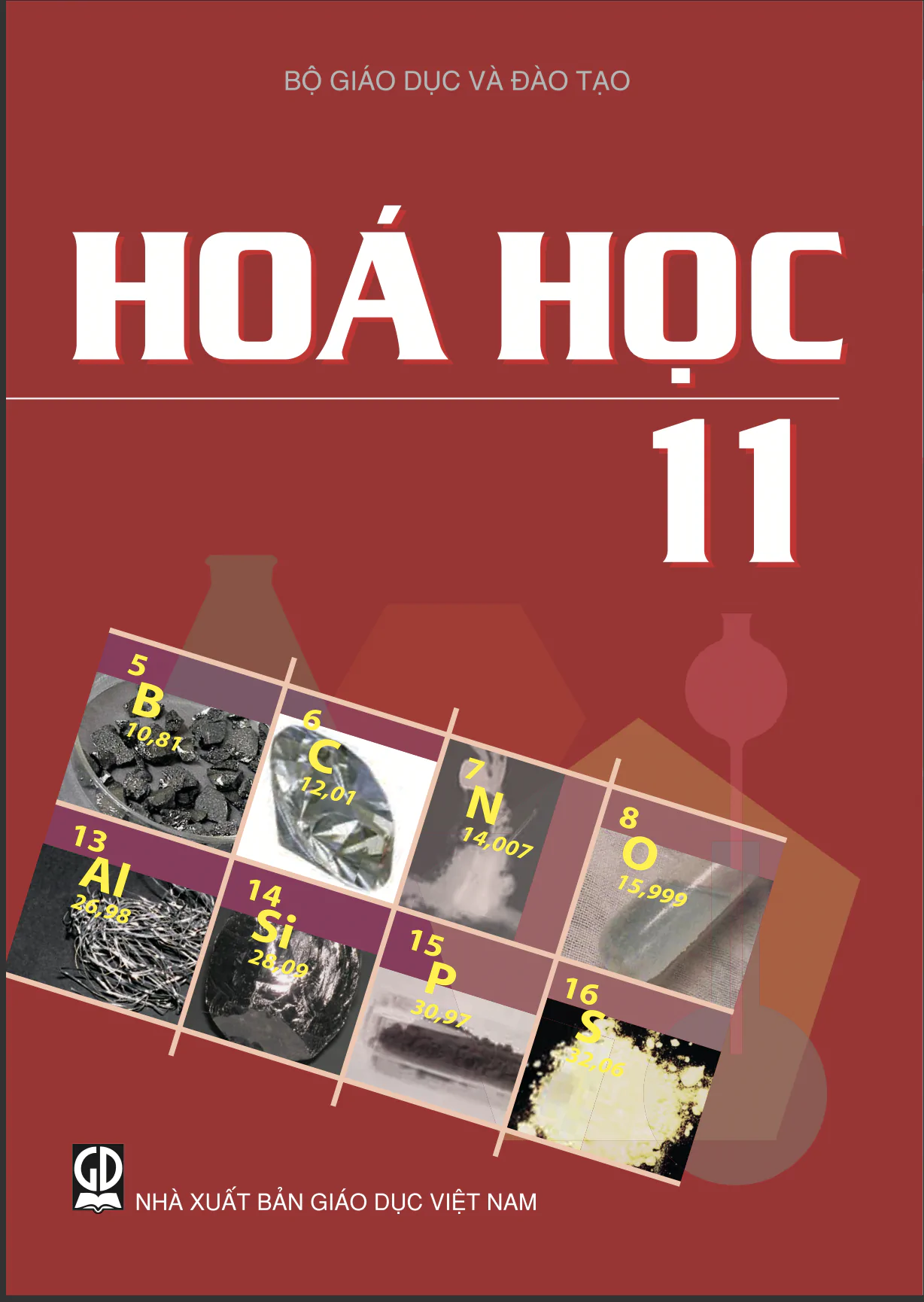



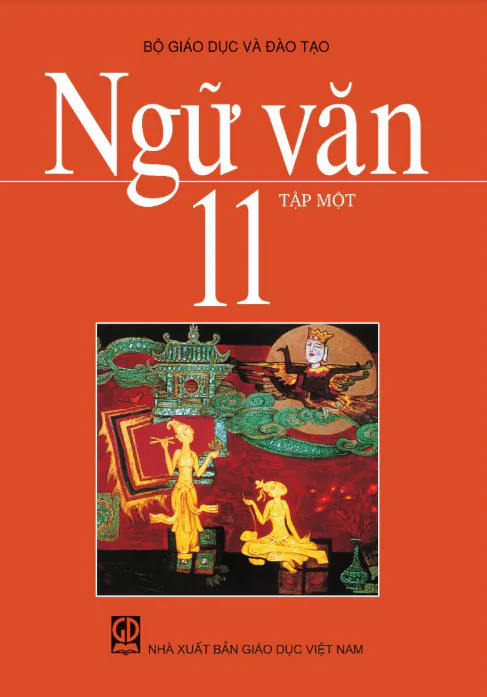





























Bình Luận
Để Lại Bình Luận Của Bạn